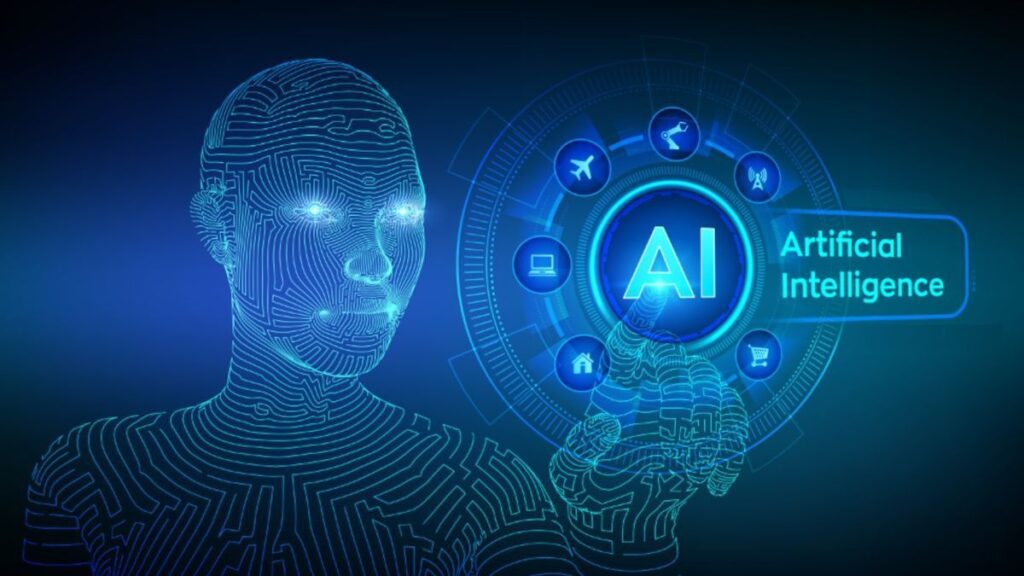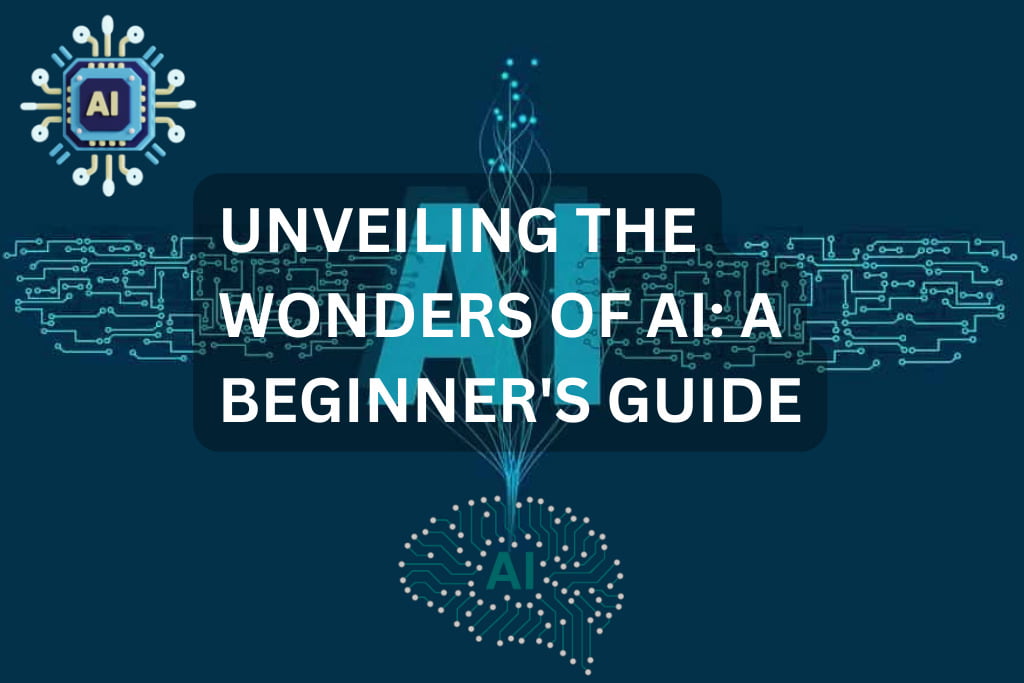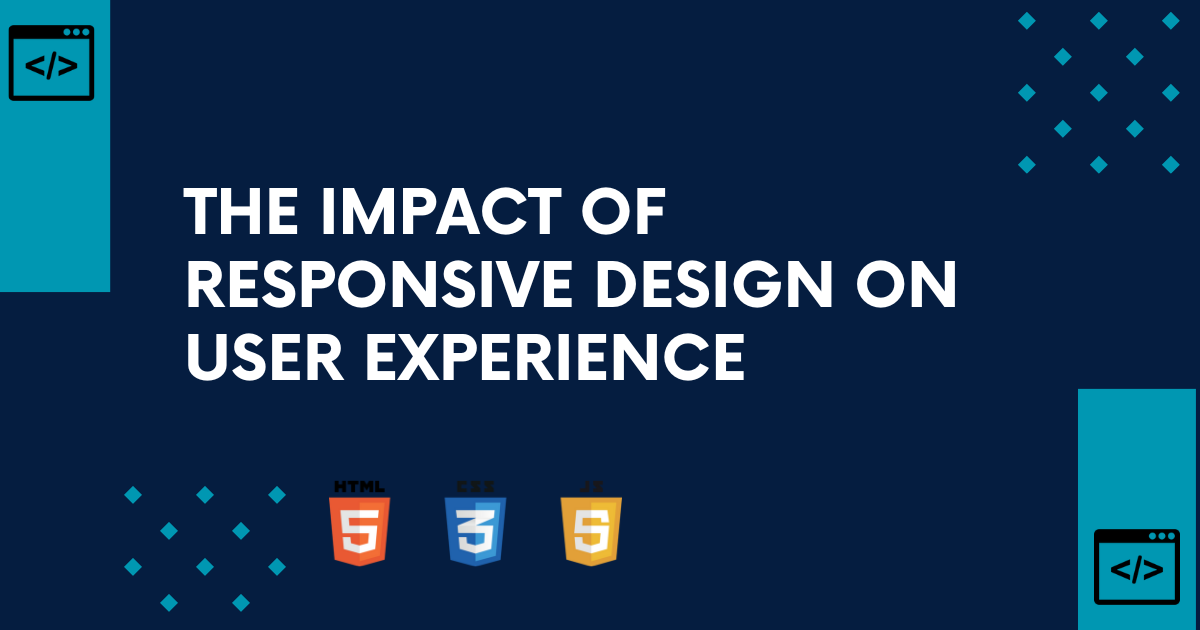Artificial Intelligence (AI) has evolved from being a futuristic concept to a transformative force shaping our daily lives. In this beginner’s guide, we’ll embark on a journey to unveil the wonders of Artificial Intelligence (AI), exploring its history, types, applications, challenges, and future trends.
Introduction to Artificial Intelligence (AI)
Artificial Intelligence (AI), in simple terms, refers to machines or systems that can perform tasks that typically require human intelligence. Its significance lies in its ability to analyze data, learn from it, and make informed decisions. The impact of Artificial Intelligence AI Beginner’s Guide spans across various industries, from healthcare to finance, revolutionizing the way we work and live.
History of Artificial Intelligence (AI)

The roots of Artificial Intelligence (AI) trace back to ancient times, but significant developments occurred in the mid-20th century. From the first programmable digital computer to the creation of expert systems, Artificial Intelligence (AI) has come a long way. Milestones like the creation of IBM’s Deep Blue and the advent of neural networks have paved the way for AI’s current capabilities.
Types of Artificial Intelligence (AI)
Understanding the distinction between Narrow Artificial Intelligence (AI) and General AI is crucial. While Narrow Artificial Intelligence (AI) excels in specific tasks, General Artificial Intelligence (AI) possesses the ability to understand, learn, and apply knowledge across various domains. Machine learning, a subset of Artificial Intelligence (AI), plays a pivotal role by enabling systems to improve their performance without explicit programming.
Applications of Artificial Intelligence (AI)
AI’s applications are vast and diverse. In healthcare, it aids in diagnostics and personalized treatment plans. The financial sector benefits from AI’s data analysis for risk management. Education sees the integration of Artificial Intelligence (AI) in personalized learning experiences, while entertainment relies on AI algorithms for content recommendations.
Artificial Intelligence in Everyday Life
Our daily interactions with virtual assistants, social media algorithms, and smart devices highlight the omnipresence of Artificial Intelligence (AI). Virtual assistants like Siri and Alexa simplify tasks, social media algorithms curate personalized content, and smart devices adapt to our preferences, making Artificial Intelligence AI Beginner’s Guide an integral part of our routines.
Challenges and Concerns
As Artificial Intelligence (AI) advances, ethical considerations become paramount. Issues like bias in algorithms and job displacement due to automation pose challenges. Addressing these concerns is essential for responsible Artificial Intelligence (AI) development and deployment.
Artificial Intelligence and Creativity
Contrary to fears of Artificial Intelligence (AI) replacing human creativity, it serves as a creative collaborator. Artificial Intelligence (AI)-generated art, music composition, and writing assistance showcase the symbiotic relationship between technology and creativity.
Future Trends in Artificial Intelligence (AI)
The future of Artificial Intelligence (AI) holds exciting possibilities. Advancements in machine learning, coupled with a focus on ethical Artificial Intelligence (AI) development, will shape the next era of artificial intelligence.
Getting Started with Artificial Intelligence (AI)
For beginners, numerous learning resources and online courses provide a gateway to understanding Artificial Intelligence (AI). Certifications in machine learning and Artificial Intelligence (AI) offer valuable insights, empowering individuals to contribute to the evolving field.
AI’s Role in Business
Businesses leverage Artificial Intelligence (AI) for automation, streamlining processes, and enhancing decision-making. Embracing Artificial Intelligence (AI) technologies can lead to increased efficiency and a competitive edge in the market.
Real-world Examples of AI Success Stories
Highlighting success stories like Google’s DeepMind and IBM’s Watson illustrates the tangible impact Artificial Intelligence (AI) has on solving complex problems and pushing the boundaries of what is possible.
Artificial Intelligence (AI) and the Future Job Market
While concerns about job displacement exist, the rise of Artificial Intelligence (AI) also creates new job opportunities. Acquiring skills in data science, machine learning, and Artificial Intelligence (AI) development positions individuals for success in the evolving job market.
The Role of Artificial Intelligence (AI) in Solving Global Challenges
AI’s potential extends to solving global challenges such as climate change and healthcare crises. Its analytical capabilities and ability to process vast amounts of data can contribute to innovative solutions.
Educating the Public about Artificial Intelligence (AI)
Promoting Artificial Intelligence (AI) literacy is essential for the responsible integration of Artificial Intelligence (AI) into society. Initiatives and awareness programs play a crucial role in educating the public about the benefits and risks of Artificial Intelligence (AI).
Conclusion
In conclusion, Artificial Intelligence (AI) is not just a technological marvel but a force that will continue to shape our world. Embracing Artificial Intelligence (AI) responsibly, understanding its nuances, and actively participating in its development are key to navigating the future.
FAQ
-
Is Artificial Intelligence (AI) a threat to job security?
- While Artificial Intelligence (AI) may automate certain tasks, it also creates new job opportunities. Adapting and acquiring relevant skills is crucial.
-
How can I learn more about Artificial Intelligence (AI)?
- Numerous online courses and certifications are available for individuals interested in learning about Artificial Intelligence (AI).
-
What ethical considerations are associated with Artificial Intelligence (AI)?
- Ethical concerns include bias in algorithms, data privacy, and the responsible use of Artificial Intelligence (AI) in decision-making.
-
Can Artificial Intelligence (AI) truly be creative?
- Artificial Intelligence (AI) serves as a creative collaborator, contributing to fields like art, music, and writing.
-
What is the future of Artificial Intelligence (AI) in solving global challenges?
- Artificial Intelligence (AI) has the potential to play a significant role in addressing global challenges such as climate change and healthcare crises.



